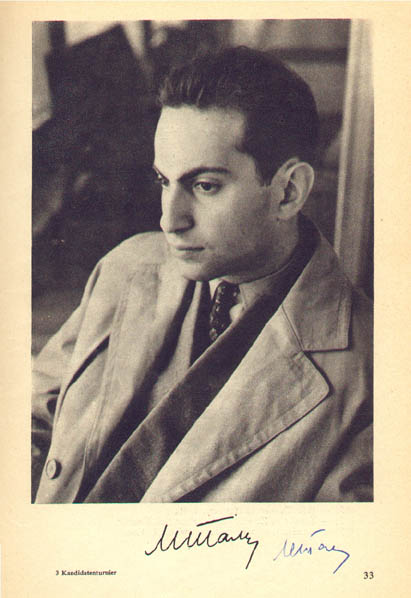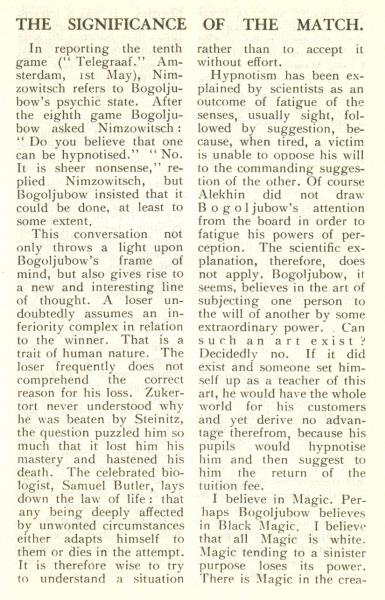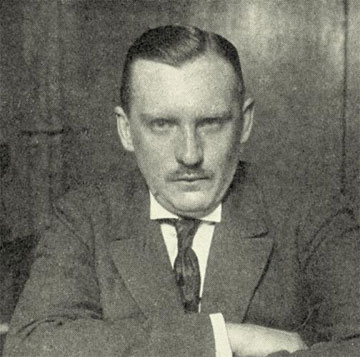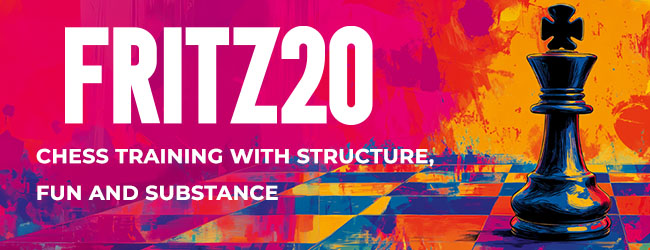Chess Explorations (86)
By Edward Winter
The topic of hypnotism was broached in C.N. 974, but not in the context of chess.
That item quoted from pages 174-175 of The Compleat Draughts Player by
Irving Chernev (Oxford, 1981):
‘Draughts playing by hypnosis is the latest achievement of an exponent
of the latter science. A lad was hypnotized and persuaded that he was Wyllie,
the celebrated draughts player. He was then matched against a first-class
opponent. Each move was made without hesitation, and the game was played in
the presence of numerous spectators.’
Chernev then gave the score of the game, as printed in the Occult Review,
and he mentioned that the text was quoted from the Draughts World, 1910.
As regards hypnosis and chess, C.N. 995 pointed out an article by Lev Alburt
and Harvey Simon in CHESS, August 1983, pages 63-68. Our item also quoted,
courtesy of John Roycroft (London), a passage from pages 124-125 of Jeu d’échecs
et sciences humaines by Jacques Dextreit and Norbert Engel (Paris, 1981):
‘Dans un article paru dans la revue soviétique 64, figure
un extrait d’un ouvrage psychologique récent. Le text de l’article
est le suivant:
“Nous avons invité dans notre laboratoire l’ex-champion
du monde Michel Tal, qui a joué six parties avec un de nos sujets. Il en
a joué trois en état d’hypnose; on lui avait suggéré comme modèle
Paul Morphy ... Pour les trois autres il était dans son état normal. M.
Tal a gagné. Après la séance il a jugé le jeu du sujet comme suit: Avant
l’hypnose mon adversaire savait tout juste la marche des pièces. Après
l’hypnose, c’était un tout autre homme qui était assis devant
moi, expansif, énergique, audacieux, qui jouait deux catégories au-dessus.”
Si l’on fait abstraction du problème plus général de l’hypnose
et du travail de Tikhomirov, Reikov et Peresolskaia pour nous en tenir à l’article
cité, une seule explication doit être retenue: l’article a simplifié
de manière abusive le compte rendu scientifique, sacrifiant une fois encore
le sérieux au spectaculaire, au point d’en faire une caricature grossière.’
The book specified that the translation, by Raymond Lhoste, of the article
in 64 had been published on page 123 of the April 1976 Europe Echecs.
Subsequently, in C.N. 1083, William Hartston (Cambridge, England) mentioned
that a book which he co-authored with P.C. Wason, The Psychology of Chess
(London, 1983), gave an account of the Tal experiment (see pages 100-101).

Mikhail Tal
Also in C.N. 995 John Roycroft drew attention to this ‘Pself-Psych’
advertisement on page 50 of the April 1985 Chess Life:

Our comment was merely that we remained psceptical.
Page 171 of Kings, Commoners and Knaves quoted the following by
Tarrasch in his book on the St Petersburg, 1914 tournament (page 168 of the
German original and page 238 of the English translation):
‘Lasker appears to exert a sort of hypnotic influence upon many opponents, for it is difficult to explain how warriors accustomed to victory, when they
have come into the advantage against him, suddenly play the game for a loss.’
As shown on pages 404-405 of A Chess Omnibus, C.N. 2516 reproduced a letter, written in Moscow on 23 April 1936, from Lasker
on pages 357-358 of the 14 May 1936 issue of CHESS in which he mentioned
that Tarrasch had also made a hypnotism reference to him on page 193 of Die
moderne Schachpartie, (Leipzig, 1916):

This was the fifth game of the Lasker v Janowsky world championship match (Berlin,
1910).

Emanuel Lasker
C.N. 5274 cited from page 490 of Alexander Alekhine’s Chess
Games, 1902-1946 by L.M. Skinner and R.G.P. Verhoeven (Jefferson, 1998)
a comment by Nimzowitsch in De Telegraaf of 1 May 1934 regarding Bogoljubow’s
attitude to his match loss that year against Alekhine:
‘Apparently he believed that his performance in the match was being
influenced by some hypnotic power brought about by Alekhine. In spite of being
assured by Nimzowitsch that this was impossible, Bogoljubow insisted that
it could be done.’
In C.N. 5282 Steve Wrinn (Homer, NY, USA) added this remark by Emanuel Lasker:
‘Bogoljubow, it seems, believes in the art of subjecting one person
to the will of another by some extraordinary power. Can such an art exist?
Decidedly no. If it did exist and someone set himself up as a teacher of this
art, he would have the whole world for his customers and yet derive no advantage
therefrom, because his pupils would hypnotize him and then suggest to him
the return of the tuition fee.’
That passage comes from page 11 of Lasker’s book Games Played in the Return
Match for the World’s Championship (London, 1935), and for the context
we reproduce below the full page:

On the subject of Alekhine, C.N. 5616 quoted the following from pages 142-143
of Chess Marches On! by Reuben Fine (New York, 1945):
‘Reliance on psychology has been both an asset and a handicap for Alekhine.
The legitimate use of psychology in master play is to maneuver the opponent
into positions where he feels ill at ease, which do not “lie right”
for him, as the German puts it. Alekhine has been able to apply this principle
with consummate skill on a number of occasions – the match with Capablanca
is the most notable. At other times, however, chiefly when he was at the height
of his fame, around 1932-1934, Alekhine has exaggerated the human factor out
of all proportion. In one French tournament he even went so far as to make
a serious attempt to win by hypnosis.’
No information has come to light about what exactly is supposed to have happened
at that ‘one French tournament’. The reader’s thirst for hard
facts is also left unassuaged by a remark of Fine’s about Alekhine on
page 151 of The World’s Great Chess Games (New York, 1951):
‘For a while he worked on a theory of winning by hypnotism.’

Alexander Alekhine
Another article to which we have drawn attention is ‘Chess and Hypnosis’ by Lenny Cavallaro on pages 57-58 of the June 1998 Chess Life. The present
overview concludes with two nineteenth-century snippets, the first of which
comes from page 325 of the August 1890 BCM:

And, finally, from pages 285-286 of the October 1897 American Chess Magazine:


Submit information
or suggestions on chess explorations
All ChessBase articles
by Edward Winter

Edward Winter is the editor of Chess
Notes, which was founded in January 1982 as "a forum for aficionados
to discuss all matters relating to the Royal Pastime". Since then, over 7,720
items have been published, and the series has resulted in four books by Winter:
Chess
Explorations (1996), Kings,
Commoners and Knaves (1999), A
Chess Omnibus (2003) and Chess
Facts and Fables (2006). He is also the author of a monograph on Capablanca
(1989). In 2011 a paperback
edition was issued.
Chess Notes is well known for its historical research, and anyone browsing
in its archives
will find a wealth of unknown games, accounts of historical mysteries, quotes
and quips, and other material of every kind imaginable. Correspondents from
around the world contribute items, and they include not only "ordinary readers"
but also some eminent historians – and, indeed, some eminent masters. Chess
Notes is located at the Chess
History Center. Signed copies of Edward Winter's publications are
currently available.

































